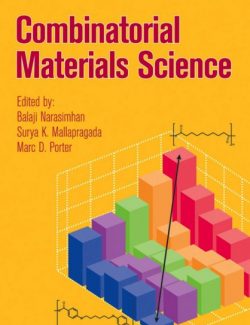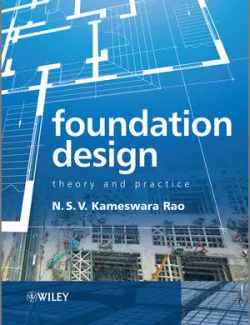Description
Combinatorial Materials Science describes new developments and research results in catalysts, biomaterials, and nanomaterials, together with informatics approaches to the analysis of Combinatorial Science (CombiSci) data. CombiSci has been used extensively in the pharmaceutical industry, but there is enormous potential in its application to materials design and characterization. Addressing advances and applications in both fields, Combinatorial Materials Science:
*Integrates the scientific fundamentals and interdisciplinary underpinnings required to develop and apply CombiSci concepts
*Discusses the development and use of CombiSci for the systematic and accelerated investigation of new phenomena and of the complex structure-function interplay in materials
*Covers the development of new library design strategies for materials processing and for high-throughput tools for rapid sampling
*Uses a unique, unified approach of applying combinatorial methods to unravel the non-linear structure-function relationships in diverse materials (both hard and soft), together with advances in informatics
With chapters written by leading researchers in their specialty areas, this authoritative guide is a must-have resource for scientists and engineers in materials science research, biochemists, chemists, immunologists, cell biologists, polymer scientists, chemical and mechanical engineers, statisticians, and computer scientists. It is also a great text for graduate-level courses in materials science/engineering, polymer science, chemical engineering, and chemistry.













Leave us a comment
No Comments